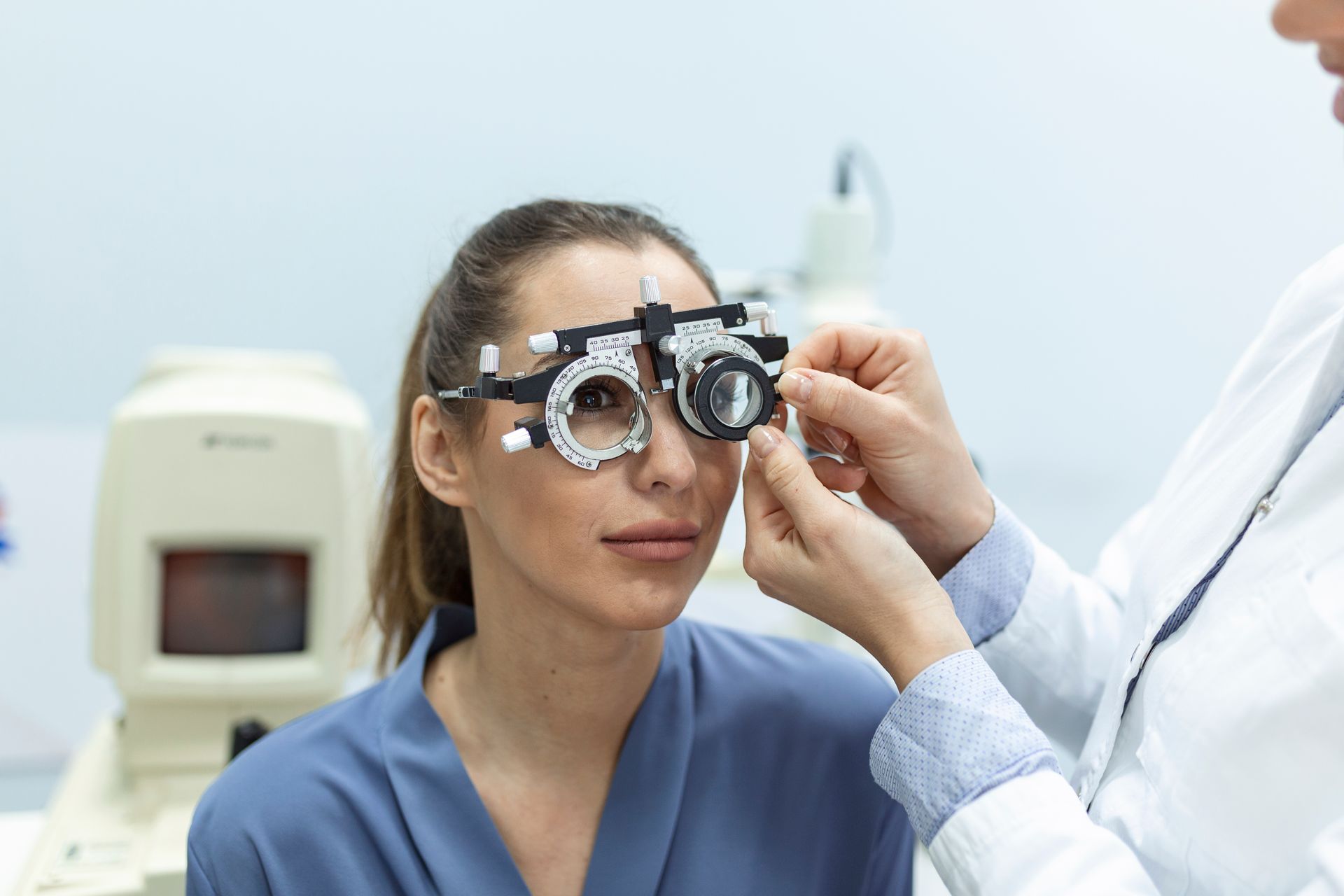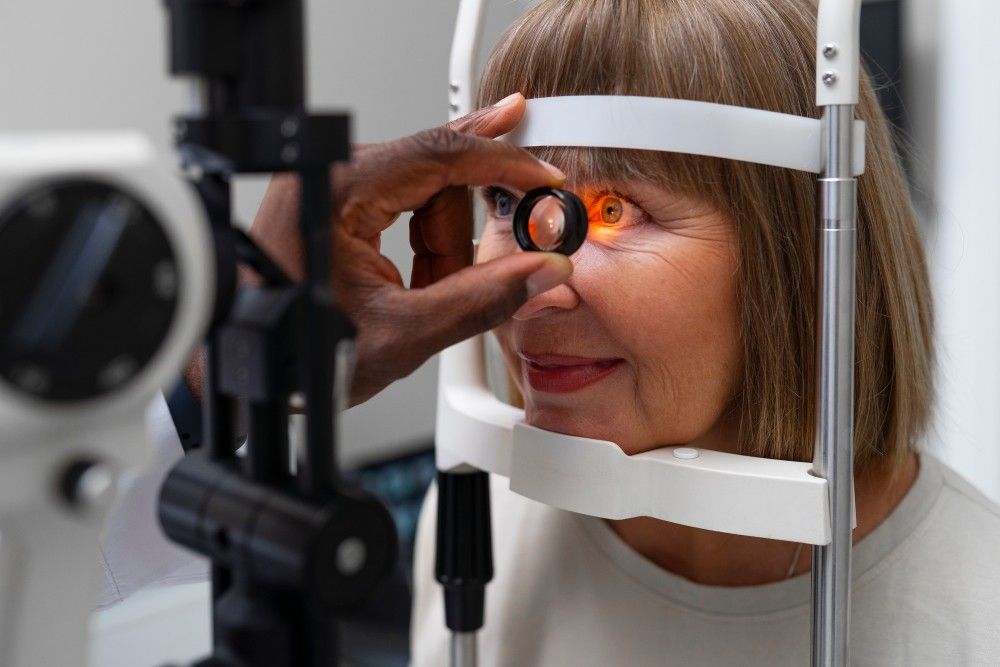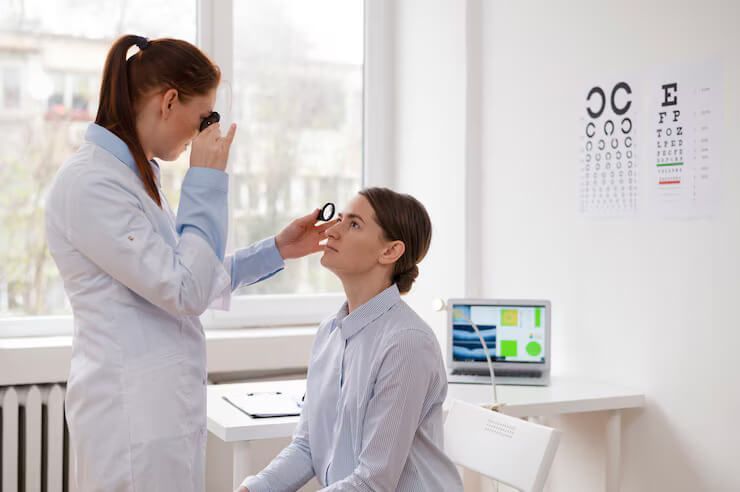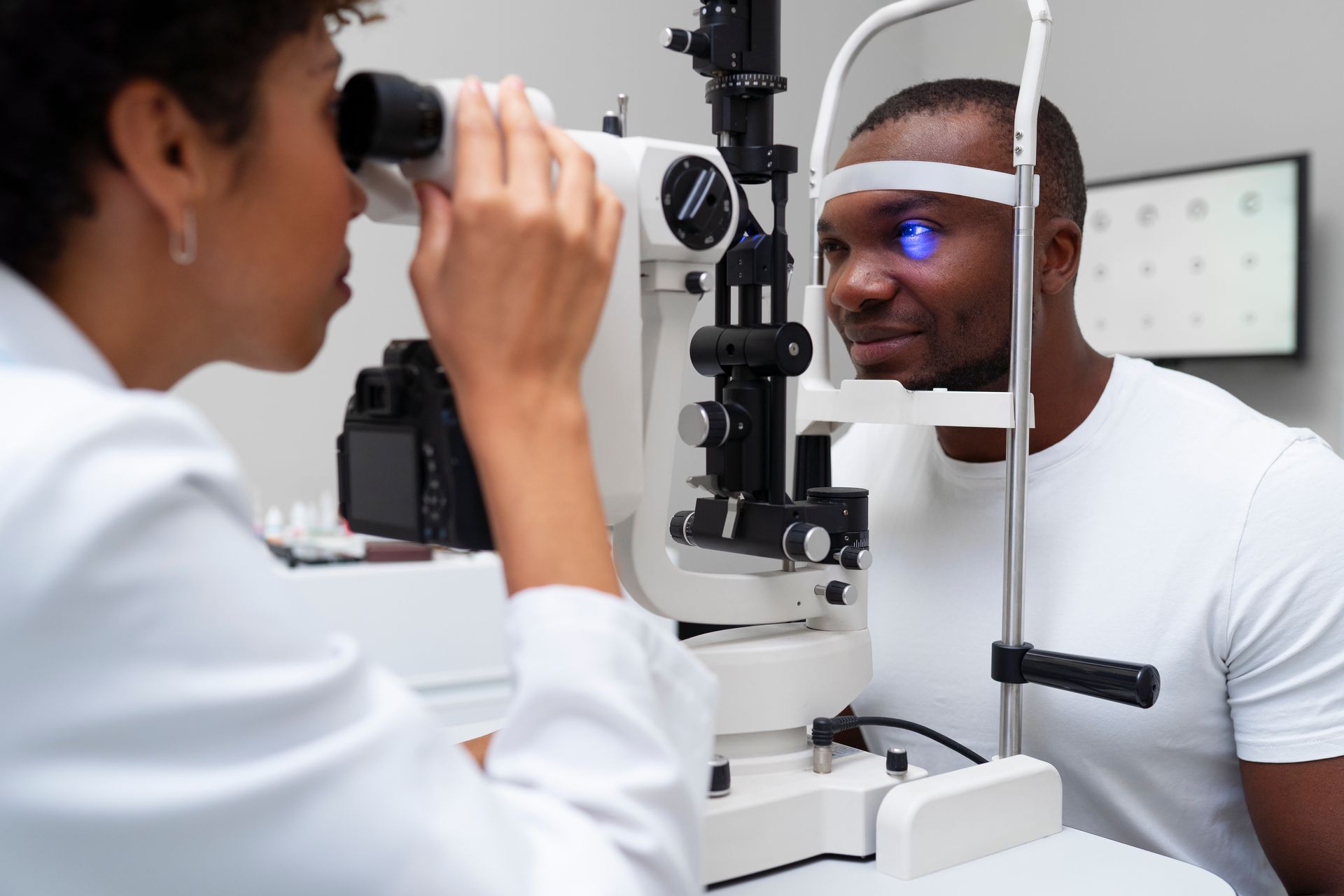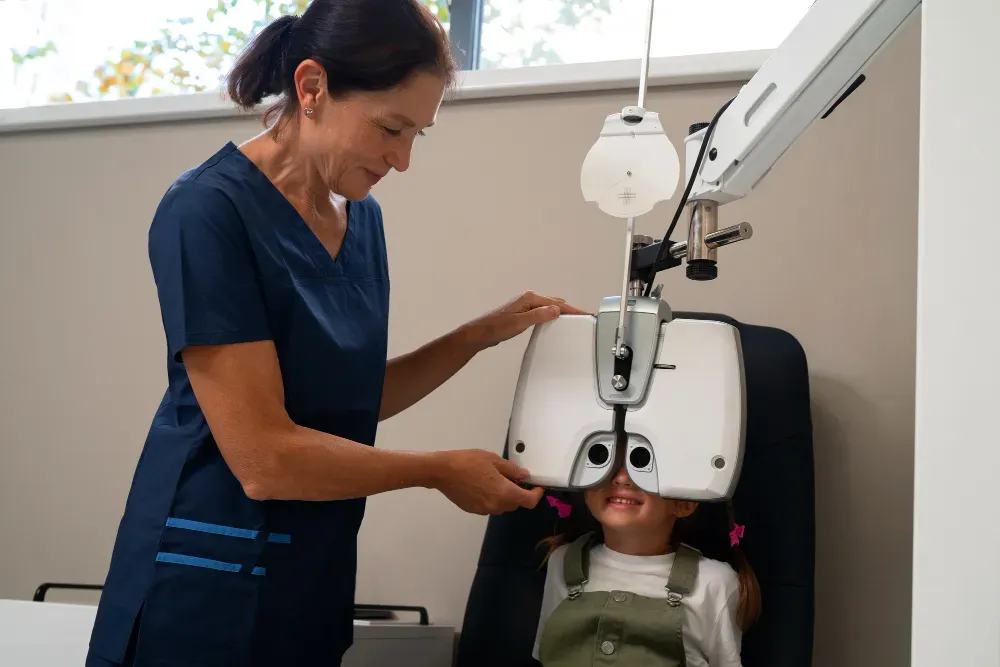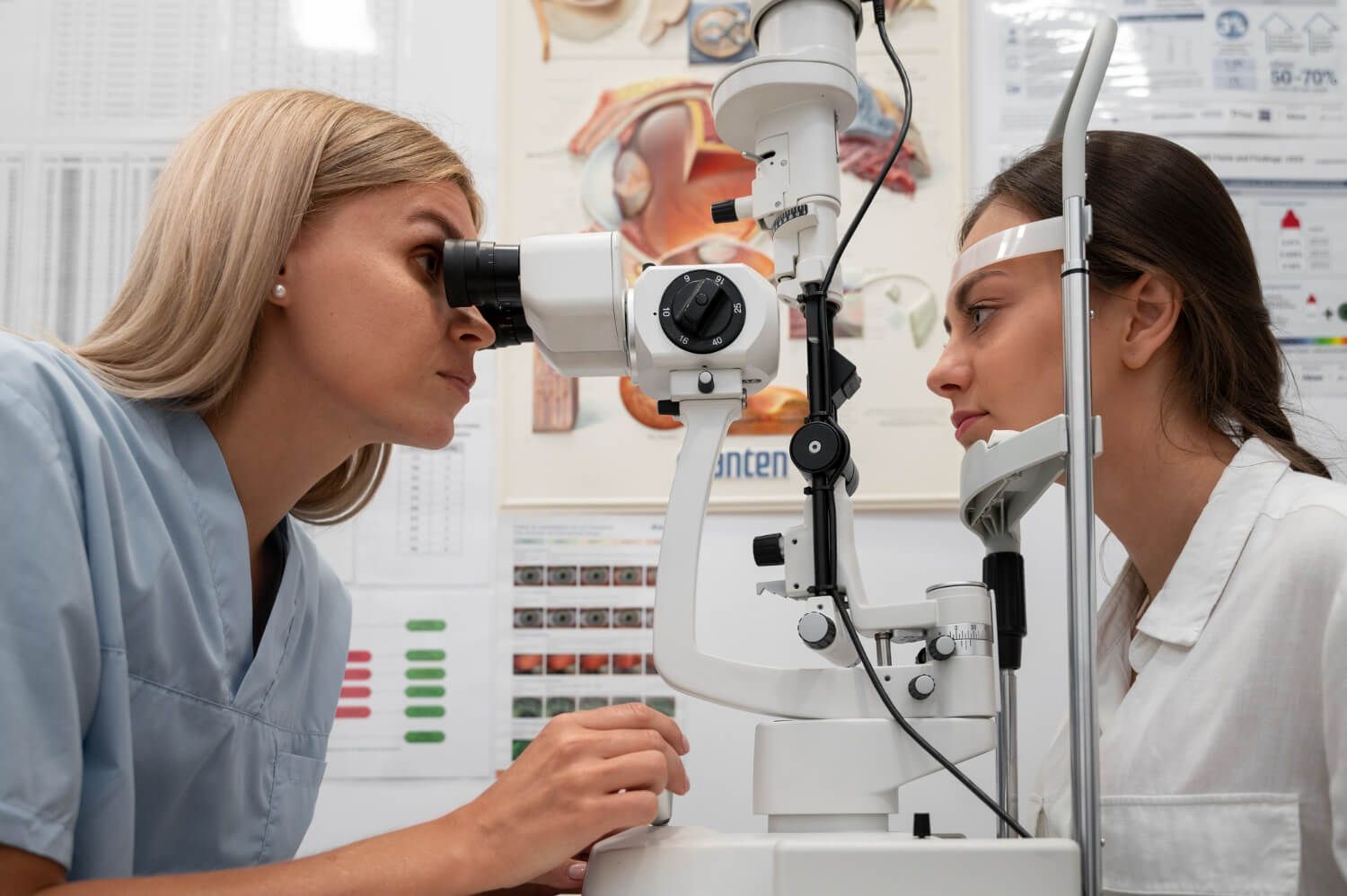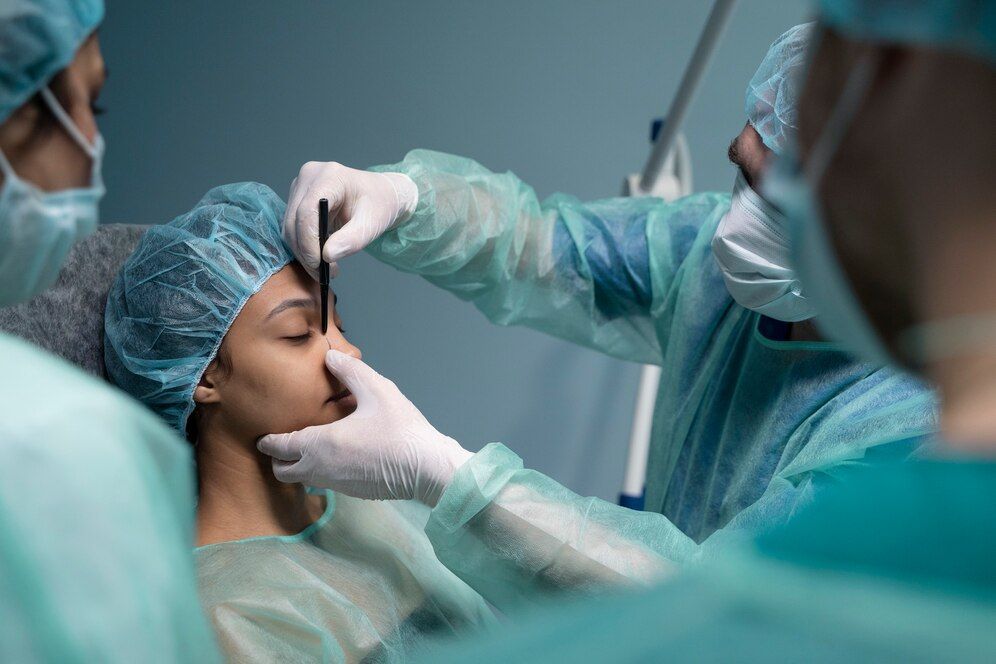Understanding the Risks of Blue Light
In today's digital age, we are exposed to blue light from a variety of sources including computers, smartphones, and televisions. Many people are concerned about the effects of blue light on their eyes and whether it can cause damage. In this article, we'll explore the question of whether blue light is harmful, how it affects your eyes, and provide tips and strategies for protecting your eyes from blue light damage.

Does Blue Light Damage Eyes?
There is ongoing research regarding the effects of blue light on the eyes. Some studies suggest that blue light exposure can cause damage to the retina, which is the light-sensitive layer at the back of the eye responsible for vision. This damage can lead to age-related macular degeneration, a condition that can cause vision loss. However, other studies have found no evidence that blue light causes any significant harm to the eyes.
The American Academy of Ophthalmology states that there is currently no scientific evidence to support the claim that blue light from digital devices causes eye damage. However, they do recommend that people take steps to protect their eyes from blue light exposure, especially during prolonged use of digital devices.
How Does Blue Light Affect Your Eyes?
Blue light has a short wavelength and high energy, which means it scatters more easily than other colors of light. This scattering can cause glare and reduce contrast, making it harder to see clearly. Additionally, blue light can suppress the production of melatonin, a hormone that helps regulate sleep-wake cycles. This can disrupt your sleep and lead to fatigue and other health problems.
How to Protect Your Eyes from Blue Light Damage
Use Blue Light Blocking Glasses
Blue light blocking glasses are specially designed to filter out blue light from digital screens. These glasses can be worn while using digital devices to reduce the amount of blue light that reaches your eyes. Some people find that these glasses improve their comfort while using digital devices.
Take Frequent Breaks
One of the most effective ways to reduce blue light exposure is to take frequent breaks from digital devices. The American Optometric Association recommends the 20-20-20 rule: Every 20 minutes, take a 20-second break and look at something 20 feet away. This can help reduce eye strain and fatigue caused by prolonged digital device use.
Adjust Display Settings
Many digital devices allow you to adjust the display settings to reduce blue light emissions. Some devices have a "night mode" or "blue light filter" setting that reduces the amount of blue light emitted by the screen. This can be helpful for people who use their devices for extended periods of time.
Use Anti-Glare Screen Protectors
Anti-glare screen protectors can help reduce the amount of blue light that reflects off your device's screen. This can reduce glare and improve visual comfort while using digital devices.
Increase Ambient Lighting
Increasing the amount of ambient lighting in your environment can help reduce eye strain and fatigue caused by prolonged digital device use. This can be achieved by opening blinds or curtains to allow natural light in or by using artificial lighting in the room.
Hill Country Eye - Your Trusted Austin Eye Care Provider
While there is ongoing research into the effects of blue light on the eyes, it's important to take steps to protect your eyes from blue light exposure. Using blue light blocking glasses, taking frequent breaks, adjusting display settings, using anti-glare screen protectors, and increasing ambient lighting are all strategies that can help reduce the impact of blue light on your eyes. If you're concerned about blue light exposure and is experiencing persistent eye strain or other vision problems related to blue light exposure, it may be time to consult with an eye care professional. At Hill Country Eye, we offer comprehensive eye exams and personalized solutions to help protect your eyes from blue light damage. In addition to blue light protection, Hill Country Eye provides a wide range of comprehensive eye care services, including routine eye exams, contact lens fittings, and treatment of eye conditions such as glaucoma, cataracts, and diabetic eye disease.
Located in Austin, TX, our state-of-the-art facility offers advanced technology and the latest treatments in a comfortable and welcoming environment. We are committed to providing our patients with the highest quality of care and helping them achieve optimal eye health and vision. Don't let blue light damage your eyes. Contact Hill Country Eye today to schedule a comprehensive eye exam and learn more about our personalized solutions for protecting your eyes from blue light and other vision problems.
